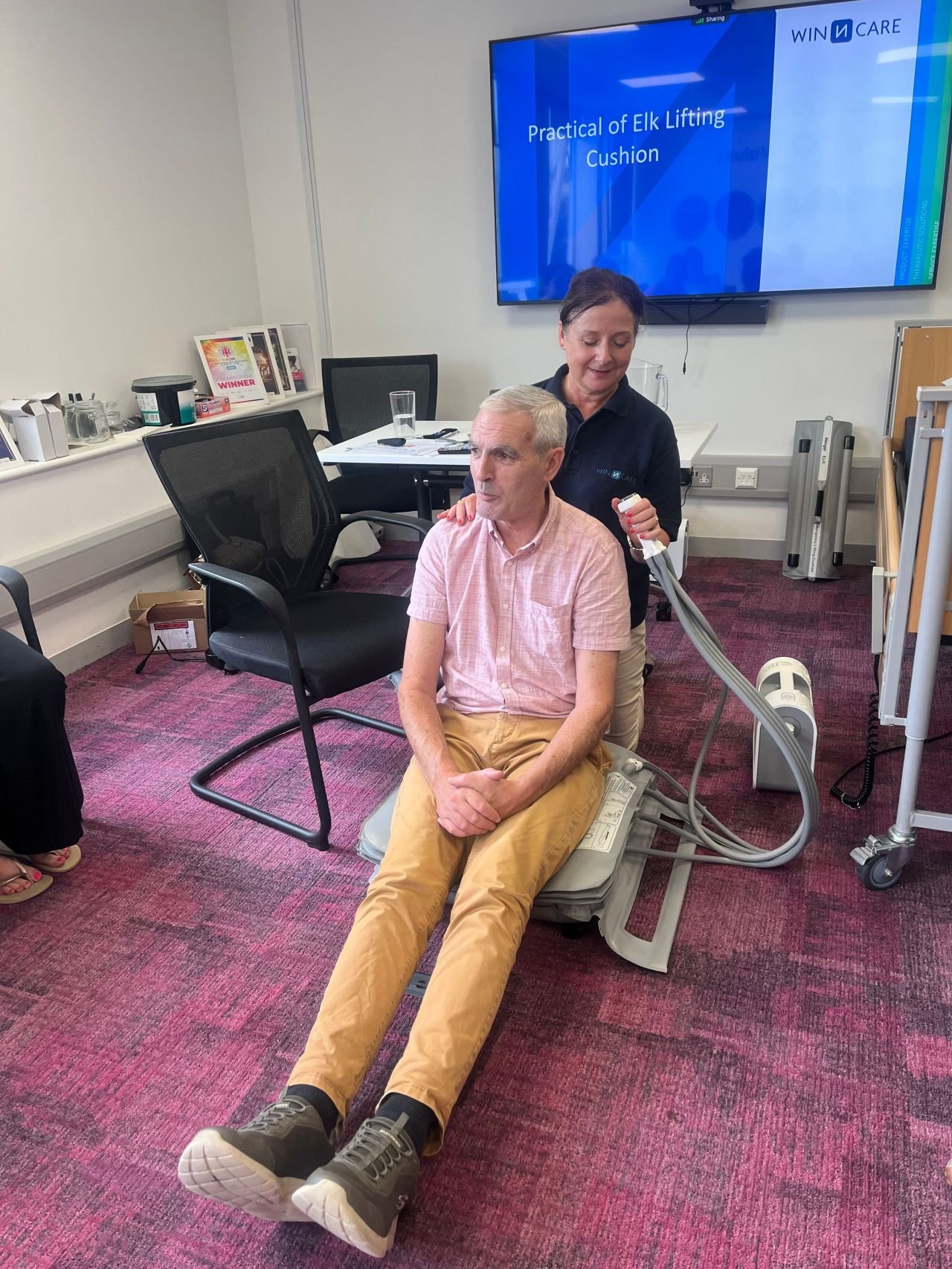Regulated vs Unregulated Care
Choosing the best care option for your loved ones can be challenging. With numerous service providers and care packages available, the decision-making process can feel overwhelming.
We’re here to help you understand a key difference between care options: Regulated vs Unregulated Care.
What is Regulated Care?
Regulated care in the UK refers to services that are monitored and overseen by bodies such as the Care Quality Commission (CQC) to ensure quality and safety standards are met. Abbots Care is a regulated care provider, holding a CQC ‘Outstanding’ rating in Hertfordshire, and a CQC ‘Good’ rating in Buckinghamshire and Dorset, so you can rest assured knowing your loved ones are in safe hands.
Regulated care organisations tend to provide a broader range of services, including:
- Personal Care: Assistance with personal hygiene, dressing, and grooming.
- Medical Care: Administration of medication and medical treatments.
- Household Tasks: Help with cleaning, cooking, shopping, and other household chores.
- Companionship: Social interaction and support to reduce isolation.
- Specialised Support: Care for individuals with specific conditions such as dementia or physical disabilities.
Providers of regulated care must comply with national standards, including staff qualifications, training, and vetting, as well as policies on safeguarding, health and safety, and quality of care.
At Abbots Care, we aim to deliver these services to support individuals in maintaining their independence and quality of life while living in their own homes.
For reliable, high-quality care, choosing a regulated provider like Abbots Care ensures your loved ones receive the best possible support tailored to their needs.
What is Unregulated Care?
Unregulated care involves services provided by individuals or organisations that do not need to be registered with or inspected by regulatory bodies like the Care Quality Commission (CQC) in England. Key characteristics of unregulated care include:
- Non-Personal Care Services: Assistance with tasks like housekeeping, meal preparation, companionship, and running errands, which do not involve direct personal care.
- Informal Care Workers: Care provided by friends, family members, or informal carers who are not professionally trained or certified.
- Private Arrangements: Care arranged privately between the Care Worker and the recipient, without involvement from registered care agencies.
While unregulated care can offer flexibility and lower costs, it lacks the safeguards and quality controls of regulated care. This can result in care that may not fully meet you or your loved one’s needs.
If you choose unregulated care, ensure the Care Worker is reliable, trustworthy, and has the necessary skills to provide high-quality care, as they are not subject to the same legal and professional standards as regulated care providers.

